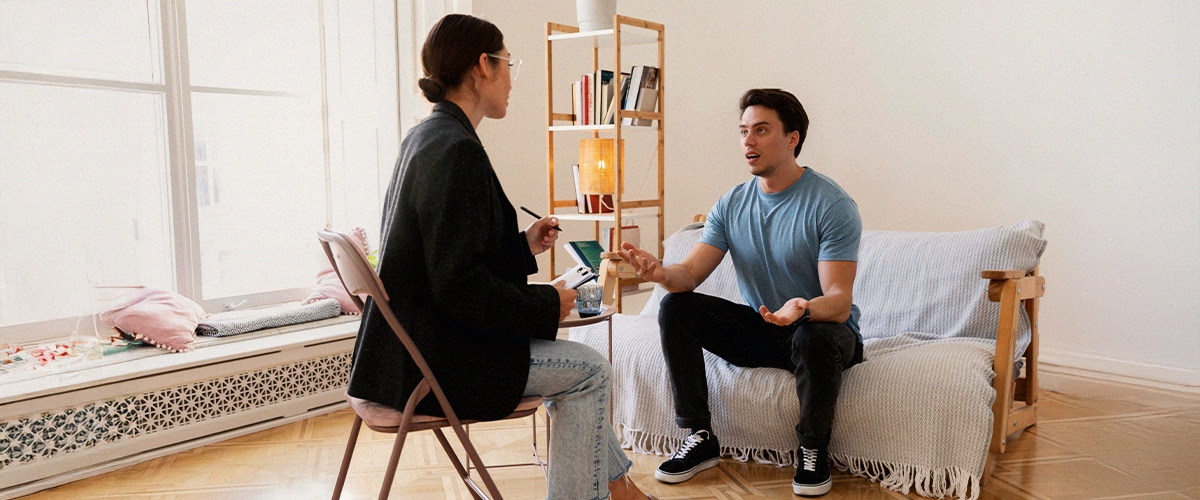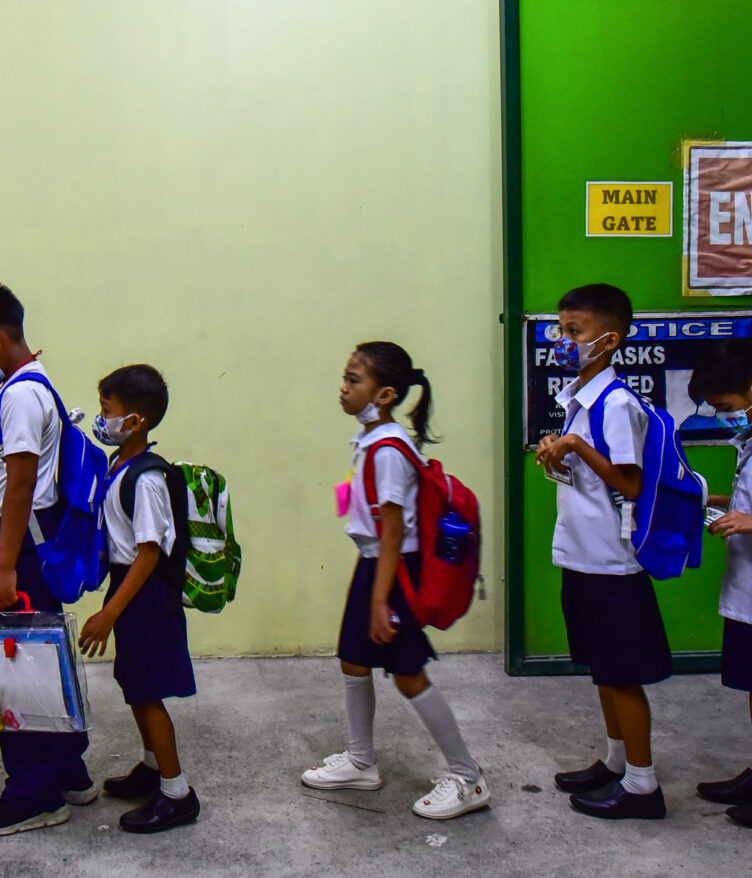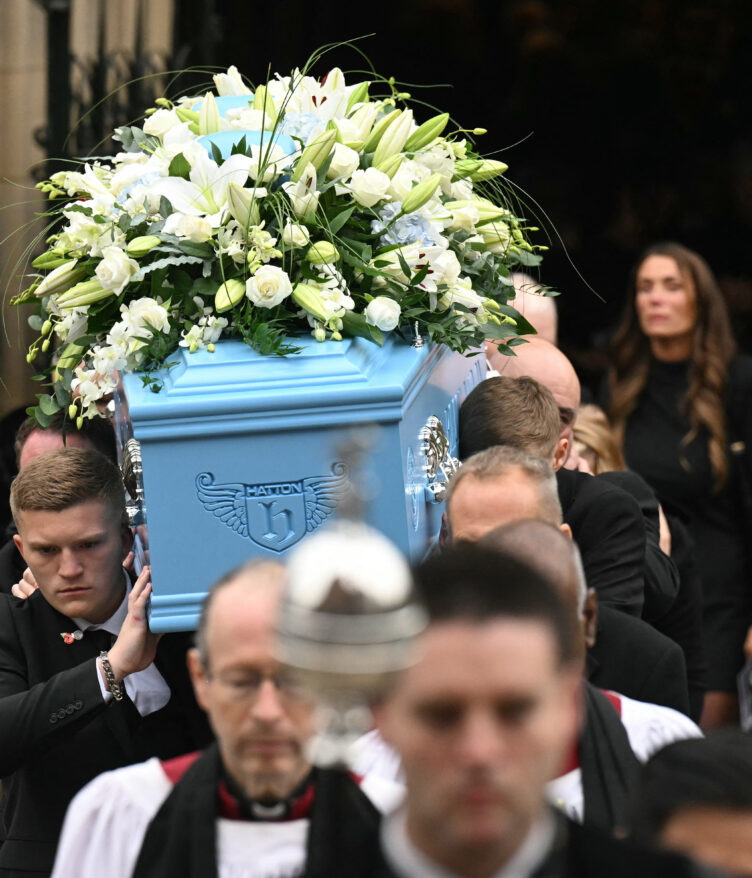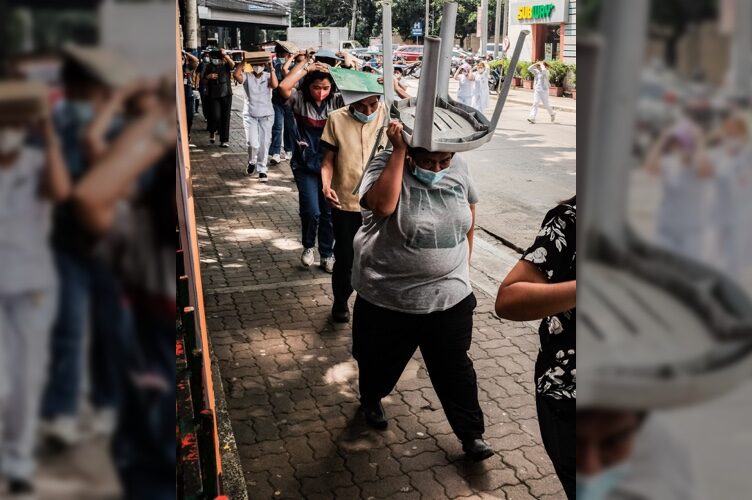IN A WORLD where silence is often mistaken for strength, Men’s Mental Health Awareness Month serves as an important reminder that being vulnerable isn’t a flaw—it’s being human, and it must be embraced.
For years, men have been pressured to uphold a facade of toughness, hiding their emotions and bearing their struggles alone. Common phrases like “man up,” “real men don’t cry,” and “tough it out” are more than just words.
They reflect deep-rooted societal standards that have discouraged men from expressing their emotions. As a consequence, many men suffer quietly, trapped in a culture that links masculinity with emotional restraint.
Each June, this awareness month provides a crucial opportunity to challenge these harmful norms and promote honest dialogue around men’s mental health.
It’s a time to spotlight the often-overlooked psychological struggles men endure—and more importantly, to help foster a culture that embraces emotional well-being for all.
“Kalalaki Mong Tao”
In the Philippines, a common phrase often used to dismiss men’s emotional vulnerability is “Kalalaki mong tao,” which loosely means, “You’re a man—act like one.”
This expression carries weighty consequences, as it reinforces the outdated belief that men should be tough, unemotional, and always in control. Such thinking leads to emotional suppression, silence, and hidden struggles.
With Men’s Mental Health Awareness Month underway, it’s crucial to challenge these harmful cultural standards and open up conversations about the mental health battles men silently face.
In an interview with republicasia, 25-year-old Gen Z clinic office manager Reymond Santos pointed out that many mental health concerns are frequently ignored due to ingrained norms and societal stigma.
“Being the only man in our household, as ironic as it is growing up in an all female household, I’ve always held back in talking about my mental health struggles as I always believed that I had to be the bigger man,” he said.
“I had to set aside my mental health struggles so I can fix everyone else, or that I’d just end up causing conflicts if I opened up. I think it’s hard for men to open up about these issues because of the norms and stigmas that were placed by society.”
“Even some parts of social media continue to reinforce these norms. The stigmas being shown, in my opinion, inflates the ego which in turn causes men to not even open up about any problem,” he went on to say.
Invisible Struggle
Mental health challenges affect everyone regardless of gender, but the way people experience and express these struggles often differs due to cultural and societal norms.
For many men, opening up about anxiety, depression, trauma, or loneliness is incredibly challenging—not because they’re unaware of their feelings, but because they fear judgment, emasculation, or being misunderstood.
In the Philippines and other male-dominated cultures, boys are often taught to “man up” and suppress their emotions. Restraining feelings is praised, while showing vulnerability is ridiculed.
But for 24-year-old Ian Capati, staying silent poses real risks. He believes that bottled-up stress, unresolved trauma, and constant emotional suppression can lead to much more serious problems in the near future.
“There is a fear of appearing weak, of being judged, or of being seen as lacking control. Vulnerability that’s rightly ordered is not weakness, but a mark of true humanity,” Capati said.
“It is very important that society recognize the mental and emotional health of men. A man is composed of body and soul, and to neglect either is to risk imbalance and harm.”
“In a world disordered by secularism, men are often spiritually starved, morally confused, and emotionally burdened. Recognizing men’s mental health is not a concession to modernism but a restoration,” he added.
Talk About It More
Growing up immersed in social media, global conversations, and heightened psychological awareness, Gen Z is reshaping the dialogue around mental health in ways no previous generation has.
Social media platforms have evolved into places where young people openly express their experiences with anxiety, depression, burnout, and trauma. They’re not merely sharing—they’re calling for change.
This generation talks freely about therapy, self-care, and emotional challenges, often inspiring others to do the same. Male influencers are challenging traditional norms by showing emotional vulnerability in public spaces.
“Gen Z has an opportunity to recover an ethos of community—not mere digital connection, but real solidarity rooted in shared faith, prayer, and truth,” Capati said.
“We can help destigmatize struggle not by glorifying weakness, but by offering hope to men. Be honest about suffering, but always point upward.”
“Our generation has the power to make mental health not just a conversation, but a movement—one where no one has to suffer in silence,” he went on to say.
You Have A Choice
The journey to breaking down toxic masculinity and improving men’s mental health is ongoing, and progress is being made. There are several actionable steps society—particularly the Gen Zs—can take to keep this movement going.
According to Santos, simply showing men that they have the choice and the ability to speak out is already a significant move toward making discussions about men’s mental health more accepted.
“It’s like vulnerability is not an option, but it is, and letting them know that it’s an option is one way to help men feel supported. By letting them know that they have a choice. By letting them know that bros have each others’ backs,” he said.
“That even in this world, their emotions and their mental state have a place. I do those a lot with my male friends and I often tell them that emotions are something that we should accept and not reject because at the end of the day we’re all human,” he went on to explain.
At the same time, Capati shared a sincere message to his fellow Gen Z men who are silently struggling with mental health issues. He assured them that no matter how overwhelming their struggles may feel, they are never truly alone.
“What you’re feeling is not a sign of weakness—it is a sign that you are deeply human. Know there is no shame in asking for help, no dishonor in leaning on others. Your life has meaning, your pain has purpose, and healing is possible,” he said.
“Speak to someone you trust, reach out to a counselor, or open up to a friend. You do not have to carry this burden by yourself. There is strength in seeking peace—and you deserve to find it,” he added.
Ending The Cycle
Once everything is laid bare, it’s time to rethink masculinity as something adaptable, compassionate, and emotionally aware. Real strength lies not just in resilience, but also in the courage to ask for help.
A man who sheds tears, admits to fear, or speaks up about his struggles with depression isn’t weak—he is courageous. In this time of increasing awareness, the phrase “Kalalaki mong tao” must change.
It should no longer silence men, but instead uplift them to embrace their true selves—emotionally in tune, mentally resilient, and unafraid to reach out.
Men’s Mental Health Awareness Month is more than a date on the calendar—it’s a rallying cry. It urges us to challenge outdated cultural norms, dismantle stigma, and advocate for the emotional health of the men around us.
This June, let’s recognize men’s mental health not with silence, but by reclaiming the narrative, reshaping it, and reminding the world that true masculinity means having the strength to care—for both oneself and for others.
How useful was this post?
Click on a star to rate it!
Average rating 0 / 5. Vote count: 0
No votes so far! Be the first to rate this post.
We are sorry that this post was not useful for you!
Let us improve this post!
Tell us how we can improve this post?









